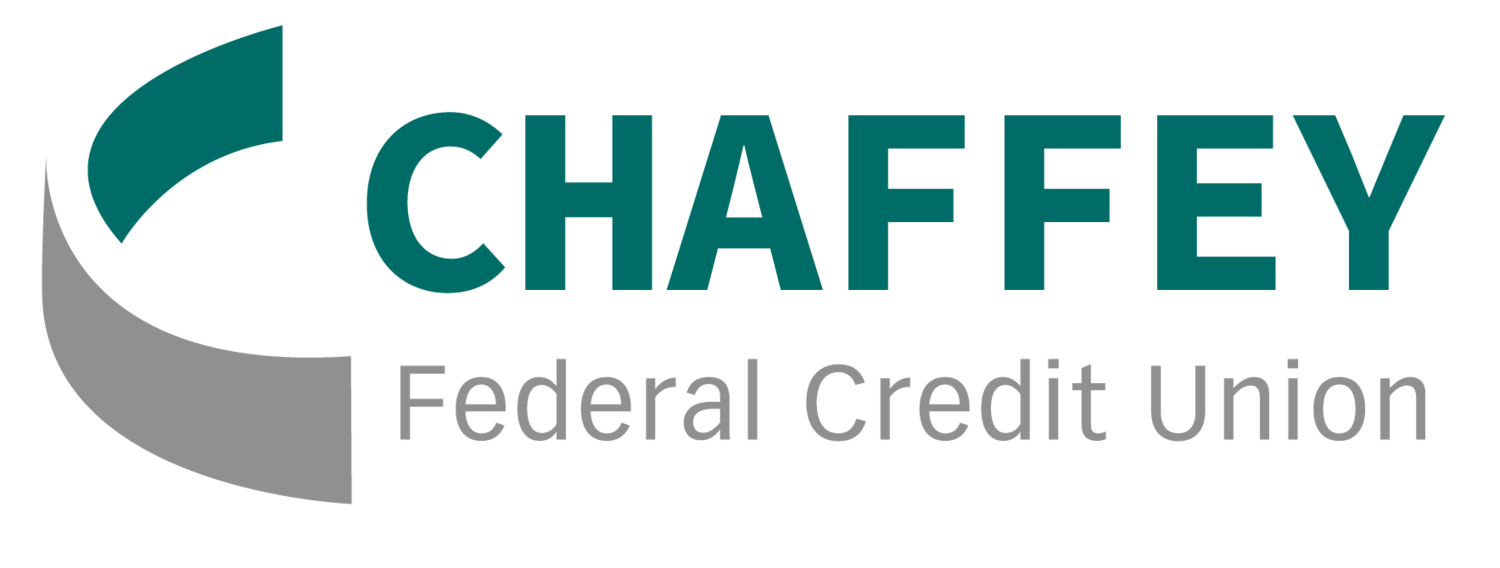Journey to a Better Credit Score
Why Should You Want a High Credit Score?
If you’ve ever applied for a loan, you’ll know that your credit score is a big factor that impacts how much you’ll pay. Credit Scores help institutions determine the risk of lending money to potential borrowers. A high credit score can result in loans with lower interest rates and higher savings.
Look at it this way, a $20,000 Auto Loan with a term of 48 months and an interest rate of 5.00% APR1 results in a monthly payment of about $460 and an estimated total interest of $2,100 over the life of the loan. The exact same Auto Loan with an interest rate of 15.00% APR2, results in a monthly payment of about $555 and an estimated total interest of $6,686. Good credit practices and a higher credit score could result in savings of over $4,500 on this loan!
Good credit practices are important with some non-lending activities as well. While employers, landlords and utility companies can’t see your credit score, they are able to see what factors into your score by viewing a limited version of your credit report. This may include factors such as credit utilization, bill payment history, and any current or past bankruptcies.
Employers may use this information to determine your reliability or ability to manage money, and is common practice for many financial or management related job positions. Similarly, landlords or utility companies may use your credit information to determine if you will reliably pay your bills on time. If your report reflects poor credit decisions, it may affect your ability to secure a new rental, or may result in a higher security deposit up front.
Positive Borrowing Habits to Improve Your Credit Score
So, if having a good credit score is key to saving money and passing employment background checks, what can you do to build your score?
Make payments on time: The number one thing you can do to consistently improve your score is make all payments on time. Payment History makes up about 35% of your Experian Credit Score, which means it has the largest impact on your score.
Only borrow money as needed: The next big component of your credit score, Credit Utilization, makes up about 30% of your score. Consistently maxing out your credit cards may look risky to lenders, so try to only borrow money as needed. You can practice borrowing small amounts at a time with your credit card and paying it back right away, before interest is added on (doing this can help with your score’s payment history and credit utilization!). Check out our Get to Know Your Credit Blog for a more detailed review on what components make up your score.
Pay more than the minimum on credit cards: Having high, unpaid balances on revolving credit accounts, like credit cards, can negatively impact your score. If you’re unable to pay off your credit card each month, or have accumulated a high amount of credit card debt over time, prioritizing paying down these accounts can lessen the burden on your credit score. If the amount of credit card debt is causing high amounts of financial stress, opting for a debt consolidation loan or balance transfer may be helpful to pay these debts more quickly, and to build your credit score in the long run.
Build a budget that includes loan payments and savings account contributions to prevent you from relying on credit: Creating a budget that includes your loan and credit card bills can help ensure that you have enough money to get through each month while helping you manage your credit usage. Additionally, having savings account funds available to you can prevent you from relying on credit in the event of an emergency or unexpected expense.
Practice using credit with a Secured Credit Card: If you have poor or little credit history, it can be difficult to get approved for new loans to start building or rebuilding your credit score. A Secured Credit Card is typically easier to get approved for and can help you overcome this. With a credit limit that matches the amount of the secured deposit that you put down, Secured Credit Cards can help you get approved for new credit lines so you can start practicing making payments and using credit.
Get a personalized view of your finances from a Financial Coach: If you are still struggling with your credit, can’t seem to fit your loan payments into your budget, or aren’t seeing the results you want in your credit score, you may want to opt for a more personalized approach. Chaffey Members can meet with a W.I.S.E. (Working to Ignite Success & Empowerment) Financial Coach for free to receive financial education and a plan tailored to their needs and concerns.
Tracking Your Credit Score
Tracking your credit score over time can help you see how your borrowing choices impact your score and ensure that the credit information reported under your identity is correct. Keep in mind, while it can take a long time to build a high credit score by using good borrowing practices, your score can drop much more quickly as a result of poor credit choices.Credit monitoring and Credit Score tracking services provide insight to your score by displaying which of your borrowing activities have positive impacts on your score, and which activities harm it. IDProtect2 through Chaffey Plus Checking3 offers these insights and a credit score tracker4 directly in the Chaffey FCU online or mobile banking portal for Members who hold these checking accounts.
Check your Credit Report at least once a year to ensure all data reported is accurate. Each of the three Credit Bureaus (Experian, Equifax, and TransUnion) are required to provide a free copy of your credit report to you every 12 months – you can obtain yours online at AnnualCreditReport.com.



